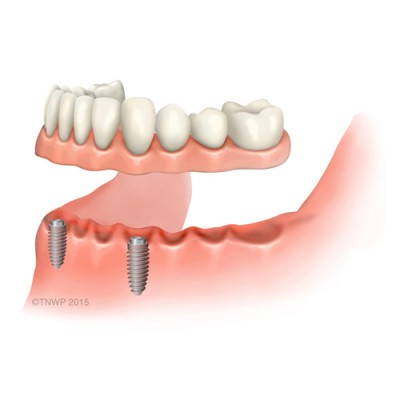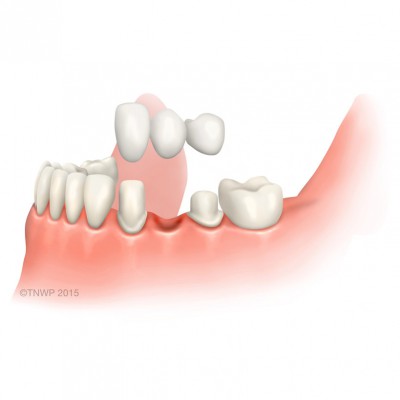
Factors in the success of dental implant treatment
Major factors which contribute to successful patient outcomes from dental implant treatment include:
- Oral health of the patient
- Clinical skill of the implant dentist and the practice’s implant team
- Design of the implant
- Oral hygiene and maintenance
Patients’ oral health
Patients may be unsuitable for dental implants if they have an active infection. Heavy smoking and uncontrolled diabetes are believed to increase the risk of implant failure. A good standard of oral hygiene is important for long-term maintenance of dental implants. Insufficient bone volume to support dental implants can often be overcome with grafting. Consult a dentist to find out whether you are suitable to have dental implants.
Clinical skill of dentist
Dental implantology is viewed as part of general practice dentistry in the UK. But, “it is essential that the dentist carrying out this work has received suitable training, and has been assessed as competent to do it. This will normally involve that dentist taking a postgraduate training course in implant dentistry”, according to the Training Standards in Implant Dentistry, published by the Faculty of General Dental Practice (UK) and supported by the General Dental Council.
Implant design
The design of the implant itself is a significant factor in achieving sustained life-life aesthetic appearance and long-term stability of the final restoration. Some dental implants are more prone to periimplantitis – inflammation which causes shrinkage of the surrounding bone. In extreme cases, periimplantitis can result in the failure of the treatment.
Page compiled with assistance from Dr Peter Sanders












